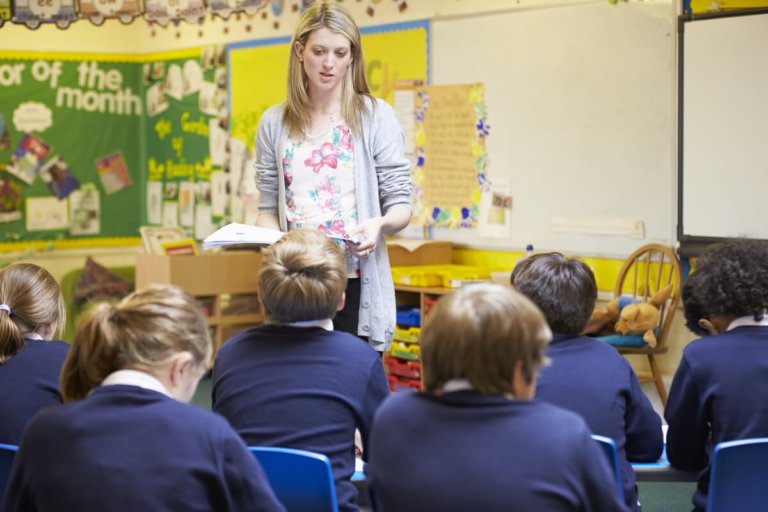
Research from the NSW Department of Education has found that high expectations serve as a powerful influence in improving student academic outcomes.
The department’s Centre for Education Statistics and Evaluation (CESE) said holding high expectations of students in Year 5 could put them six months ahead in their learning by Year 7.
“Expectations for success is a measure of classroom context and represents the extent to which school staff value academic achievement and hold high expectations for all students,” said the report.
Researchers said where two students are identical in terms of socioeconomic status and prior academic performance, a student in Year 5 who agrees that their teachers have high academic expectations of them (and their peers) is over six months ahead in their learning by Year 7 (in terms of NAPLAN scores), compared with a student who does not agree.
This impact is found regardless of the level of expectation students experience in Years 6 or 7.
Their data modelling also indicates that expectations for success have a unique and positive impact on performance every year. However, they note that for students who report experiencing low academic expectations, it is not too late to see gains in learning if these expectations improve in subsequent years.
“If a student shifts from reporting low expectations in Year 5 to high expectations in Year 6 or 7, it still provides a large boost to learning (up to the equivalent of four months’ worth), compared with students who continue to report low academic expectations,” it said.
How do teacher expectations improve student success?

Further research suggests that the impact of teacher expectations on students’ learning can be long lasting. Source: Shutterstock
The CESE report said extensive research demonstrates that when teachers hold certain beliefs about the potential academic achievement of their students, this can be confirmed in their students’ performance.
Studies suggest the expectations that teachers hold of their students have an impact on how they teach and interact with their students, and on how students experience the classroom environment.
“For example, teachers are typically emotionally warmer and more supportive, provide clearer and more positive feedback, and teach more difficult material to students for whom they hold higher expectations. The learning experiences provided for and delivered to students, in the form of these different activities and challenges, can in turn influence how fast they progress,” they noted.
Give me that (right) attitude
Researchers found that when students report that their teachers deliver relevant content, they are at least two months ahead in their learning by Year 7, compared with students who say that their teachers do not provide relevant classroom instruction.
Meanwhile, early behavioural engagement, in the form of cooperative classroom participation, has benefits for sustained learning. The CESE report said a student in Year 5 who exhibits positive behaviour in class and at school, is at least five months ahead in their learning by Year 7, compared with a student who reports poor classroom behaviour.
Students with positive attitudes to homework are, on average, two months ahead in numeracy by Year 7, compared with a student without. Teachers should consider providing positive feedback early, enabling students to recognise that homework is an important activity that helps them to learn.
Results also showed that positive peer connections and friendships at school can benefit literacy learning.
Students who were equal in socioeconomic status and prior academic performance were two months ahead in reading by Year 7 if they have positive friendships in school, compared with a student who does not agree.
Liked this? Then you’ll love…
Sink or swim: Coping with the pressures of a selective school
Global study rates best school techniques for boosting global mindset







